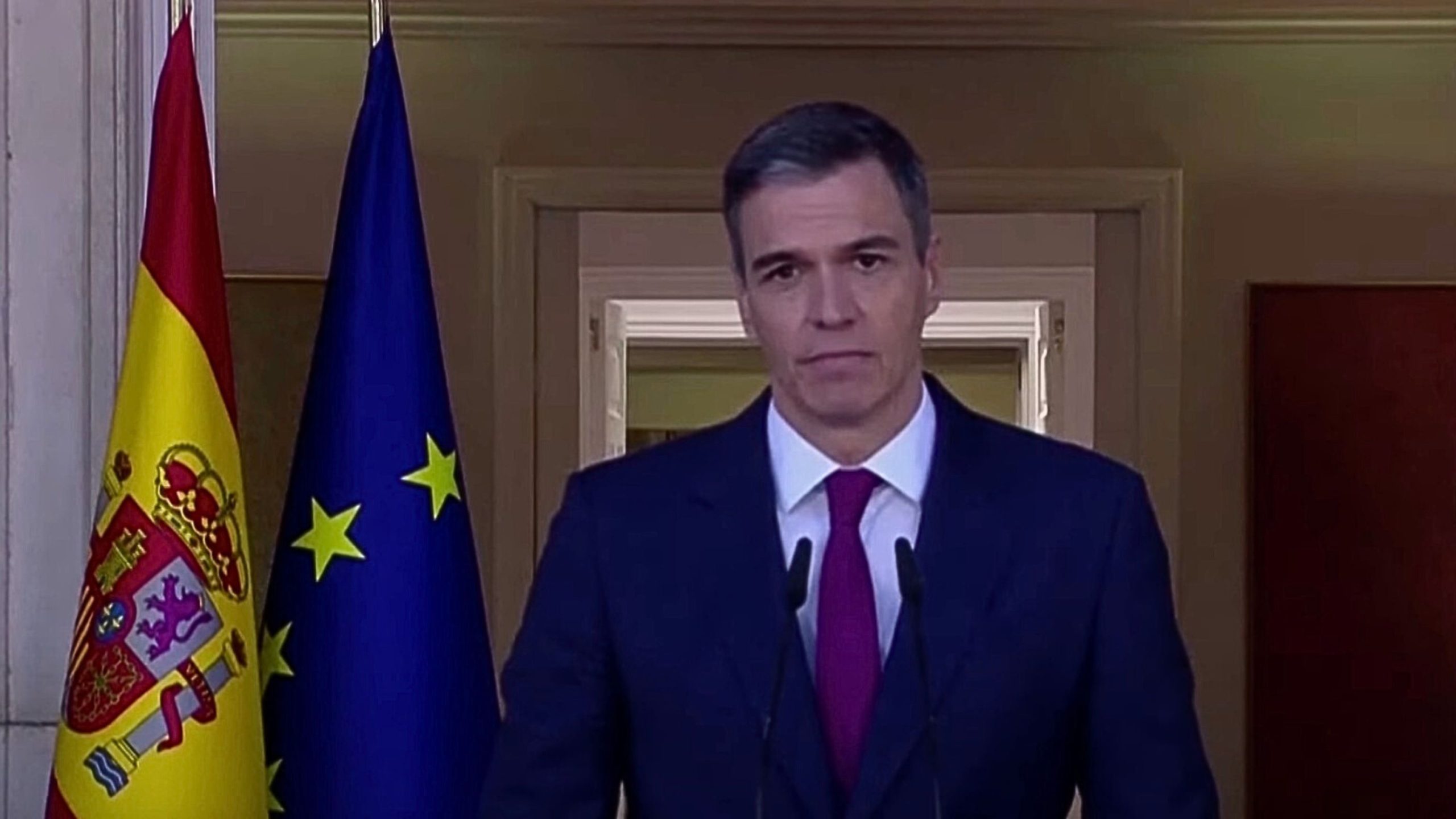Spanish Prime Minister Pedro Sanchez is pushing for new rules to be adopted with the stated aim of stopping the spread of “fake news” – specifically that which he brands as being “largely financed by the extreme right.”
But the opposition there remains unconvinced that this is not simply another initiative to censor media outlets that the government dislikes, sold to the public as a new way to rein in “digital tabloids that spread hoaxes.”
Despite, or because of these suspicions, that the government’s activities are aimed at stifling the very foundations of democracy, free speech, and media, Sanchez chose to “sell” his proposal to Spain’s parliament as necessary – to protect democracy.
“Without reliable and diverse sources of information, the citizens are blind,” Sanchez is quoted as declaring.
He’s not wrong – but actions, as well as context, speak louder than words. Not only is Sanchez’s “law on censorship,” as opponents are calling it, supposed to align with the EU’s Media Freedom Act, but it also comes at a particularly sensitive time for Sanchez personally.
Namely, his wife is about to testify in court in a corruption scandal, which the prime minister has previously said was fabricated for political reasons “by right-wing media,” and to assist the opposition.
And announcements of new rules around media outlets were first heard from the head of government earlier this month, when the wife, Begona Gomez, made her first court appearance in the case.
The most influential among the opposition, the People’s Party, has no doubt that Sanchez is simply out to control the media publishing content critical of him.
Sanchez, on the other hand, insists the new rules would apply equally to all media without favoritism. Some of the proposed measures include identifying “all shareholders with influence over editorial policy” – which would require a strong and clear definition of who qualifies before it would ever be accepted as fair by critics.
And, the Spanish PM wants to make sure the “trusty” legacy media (referred to as “traditional” in reports appearing in – the legacy media) are given a leg up in a competitive market.
Namely, the plan is to subsidize their transition to digital with €100 million ($109 million).










